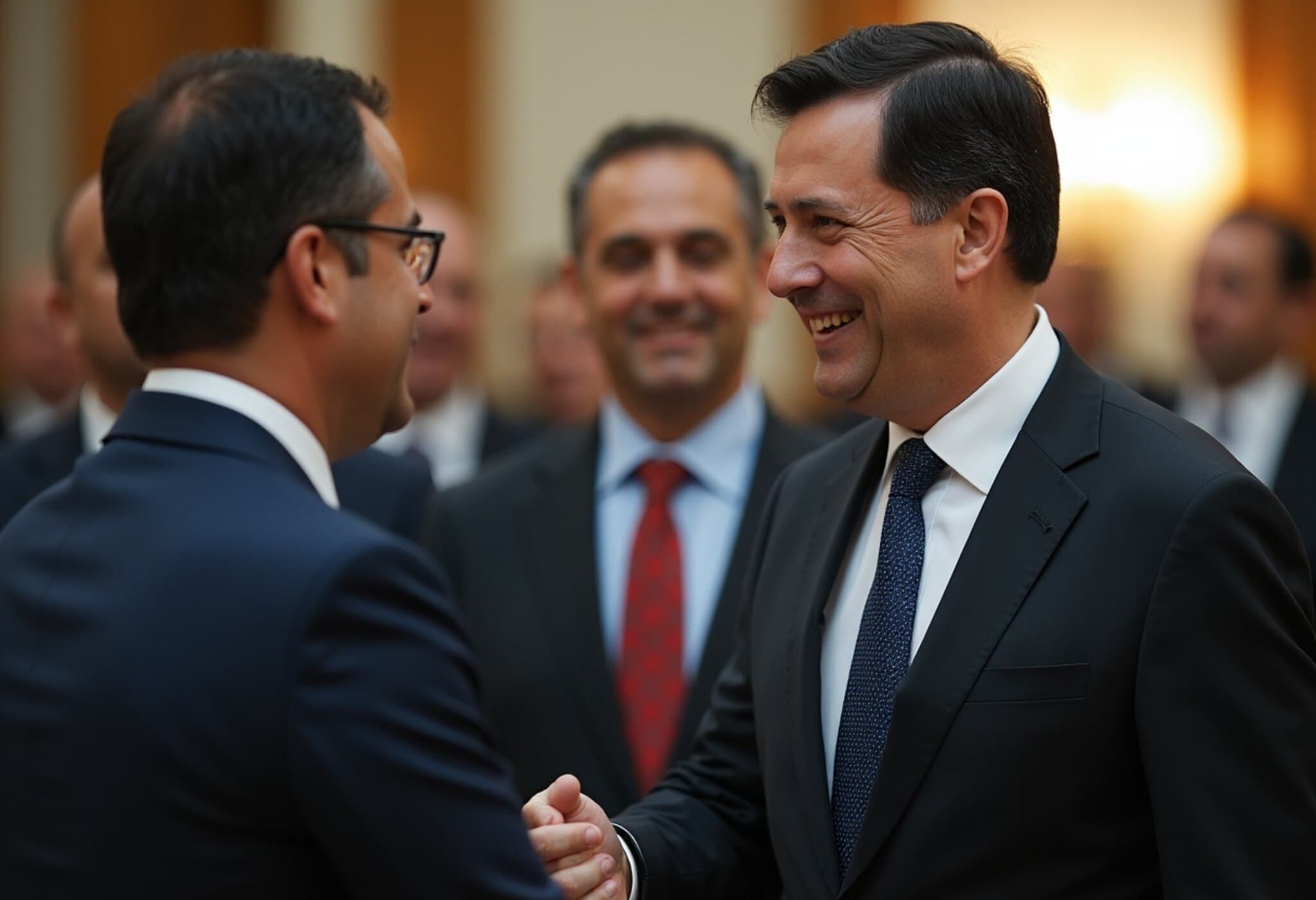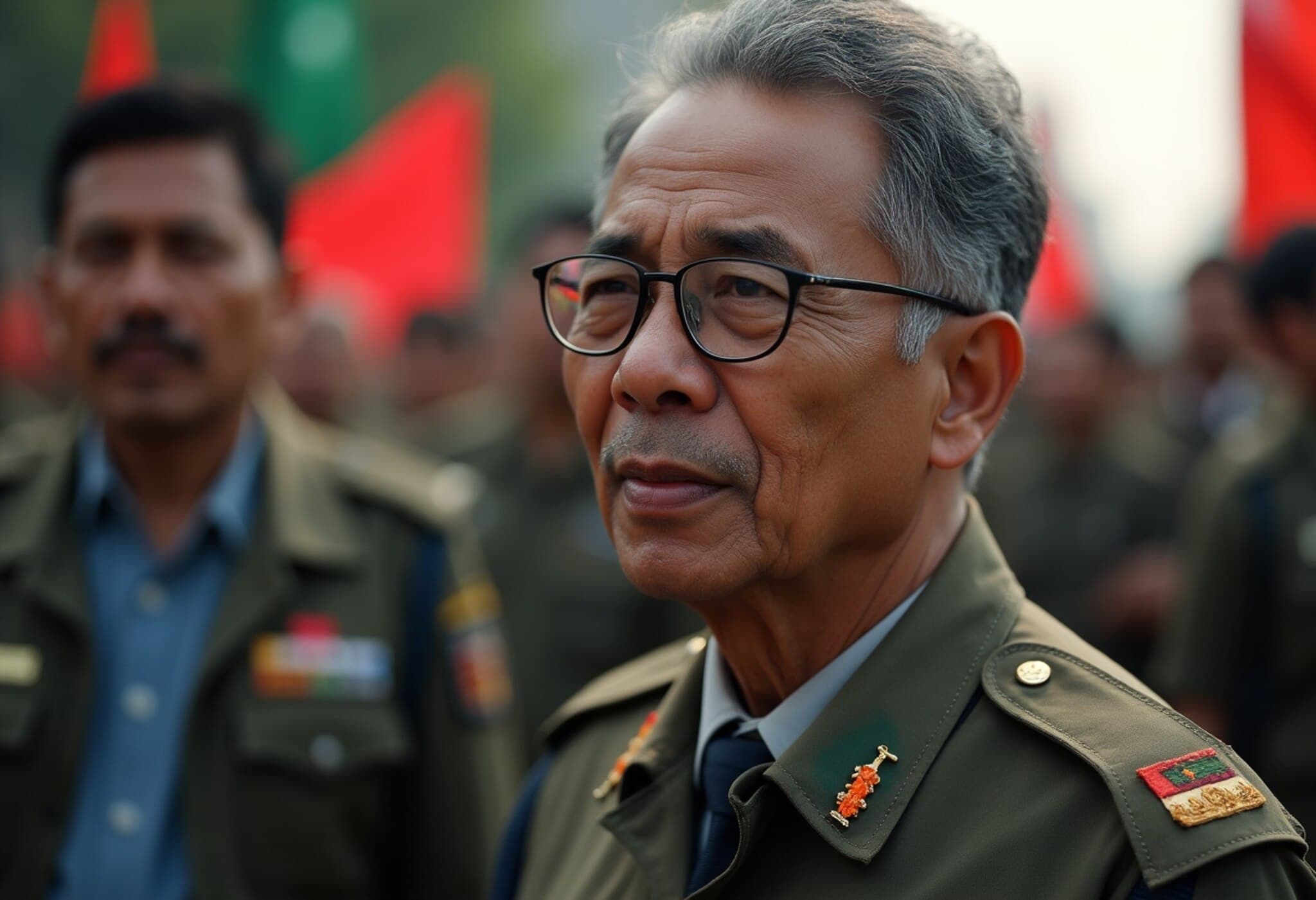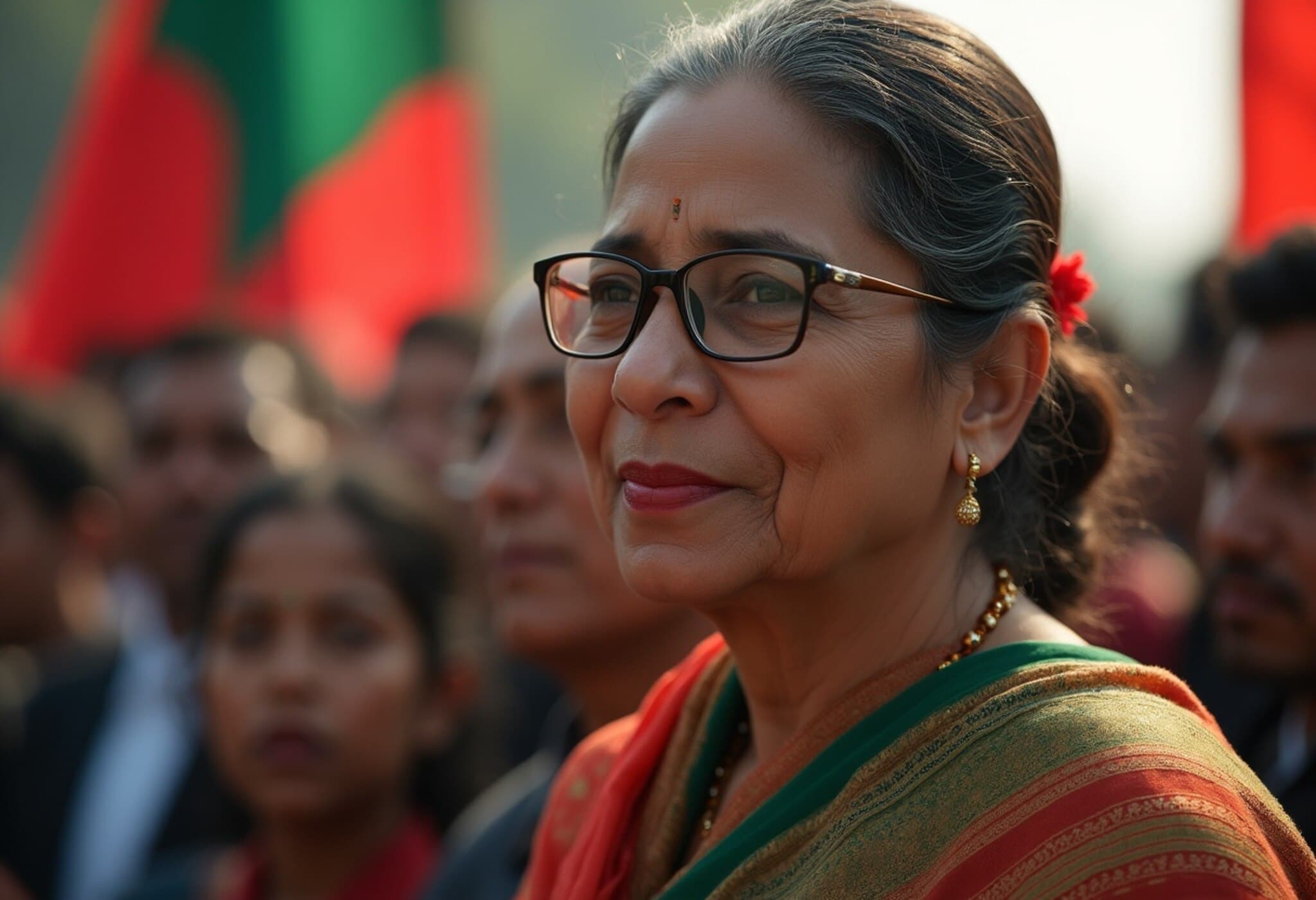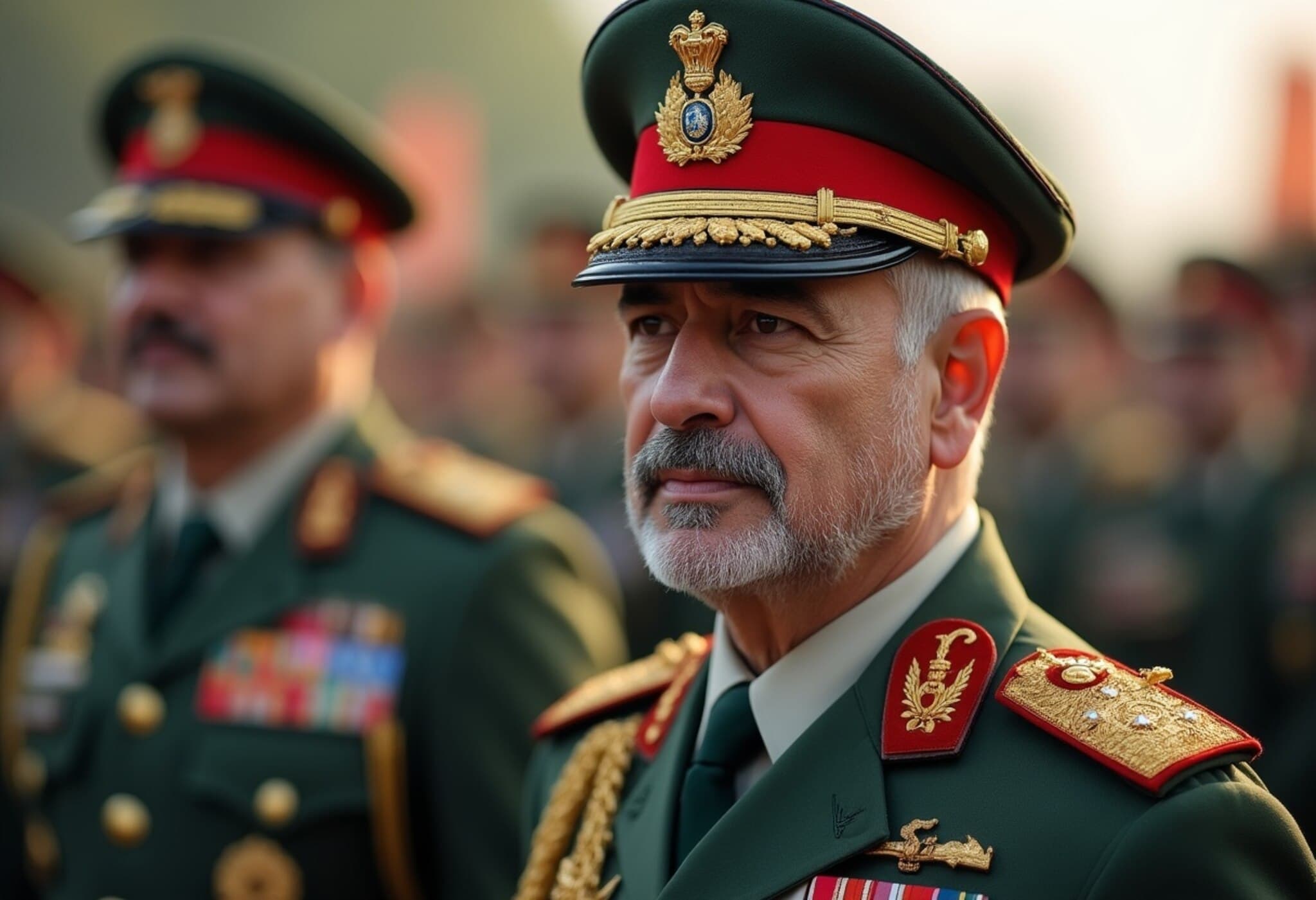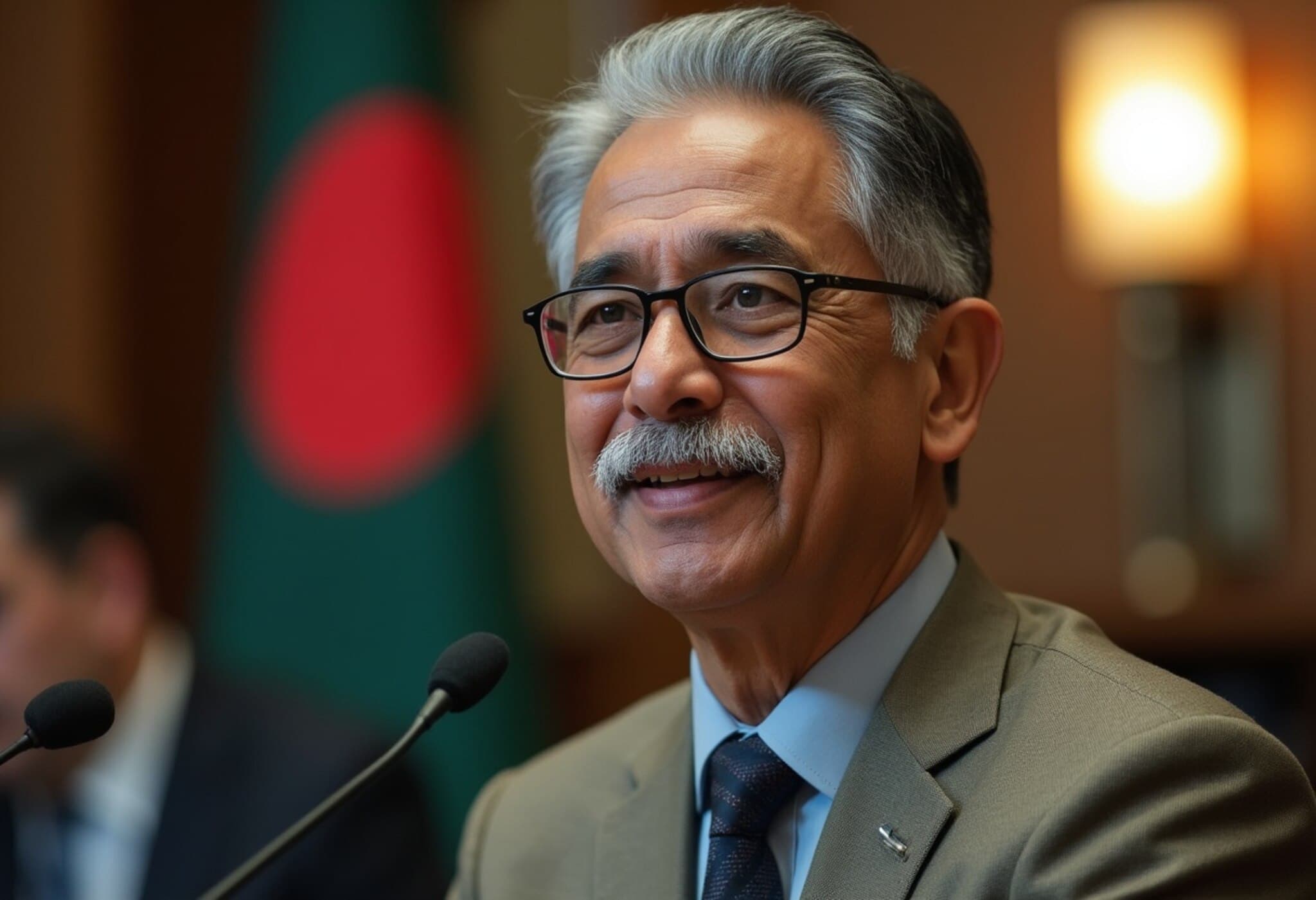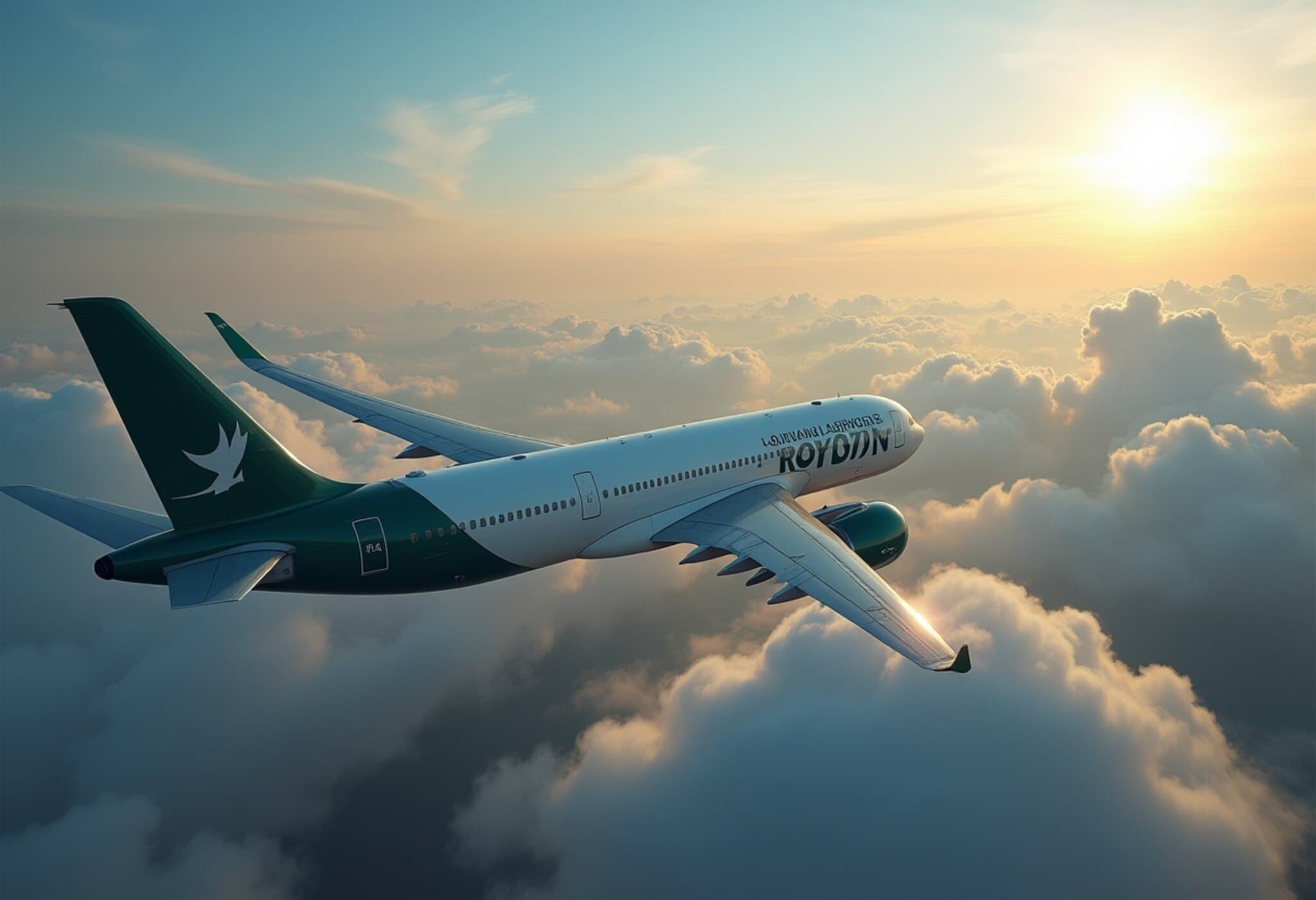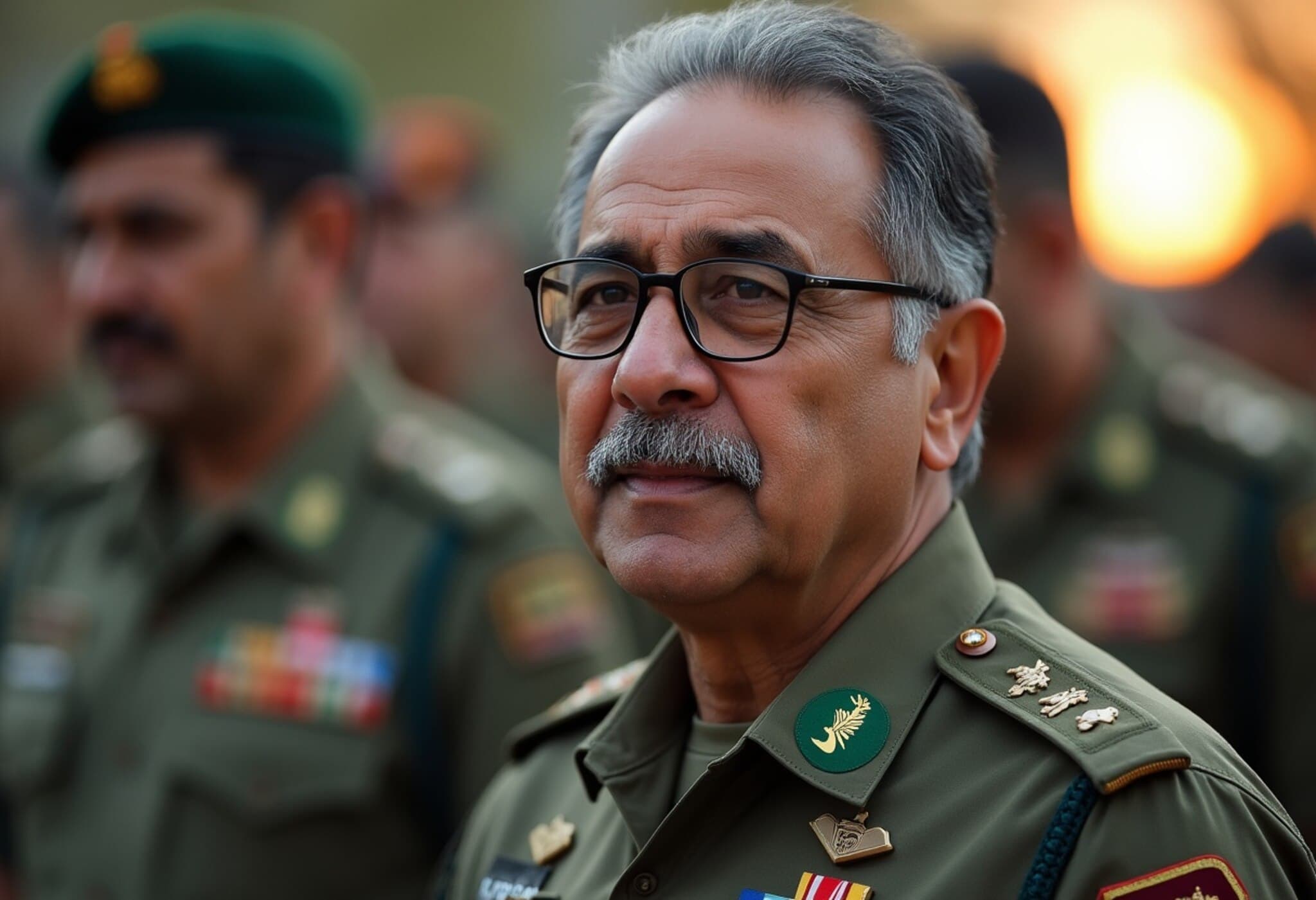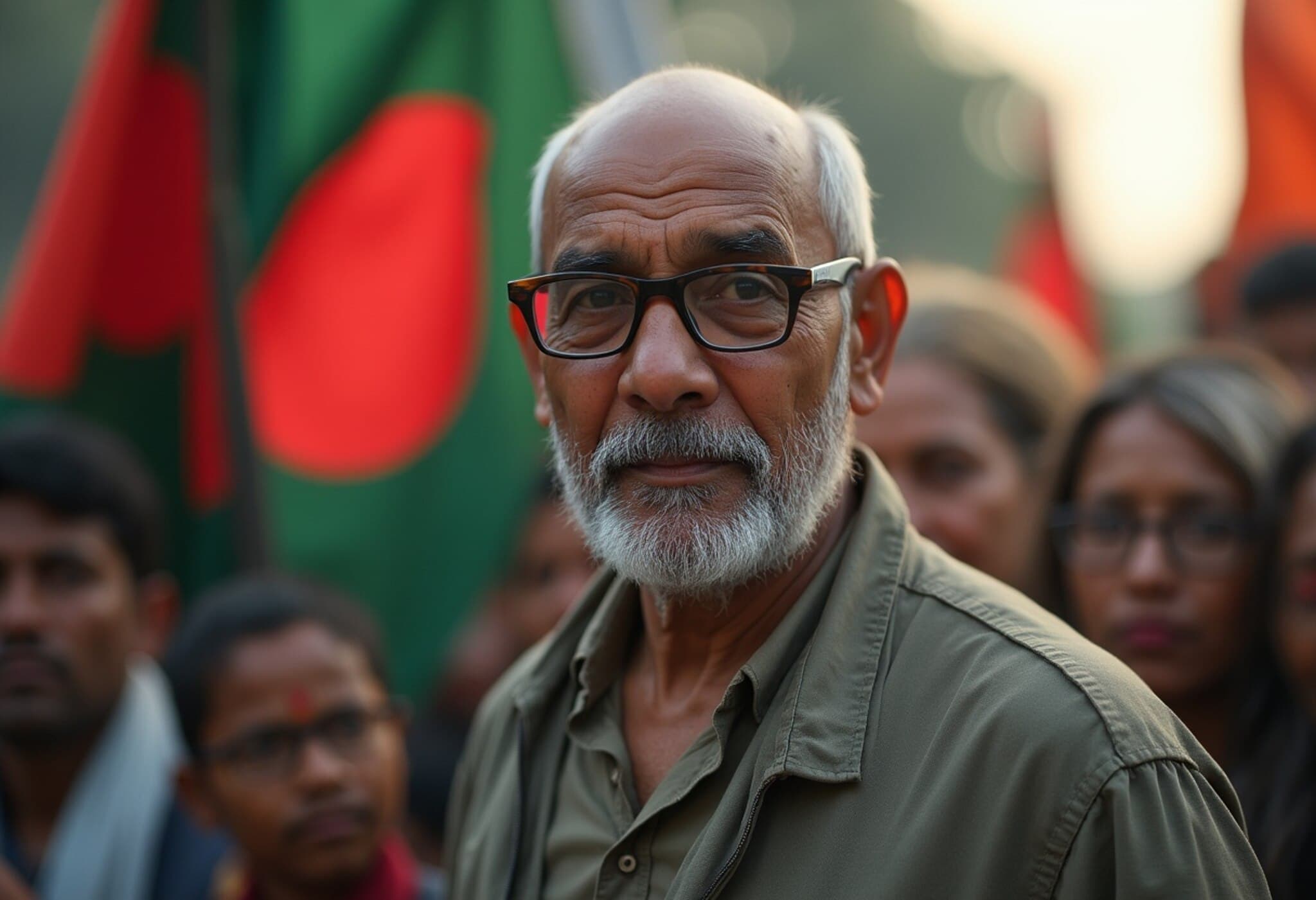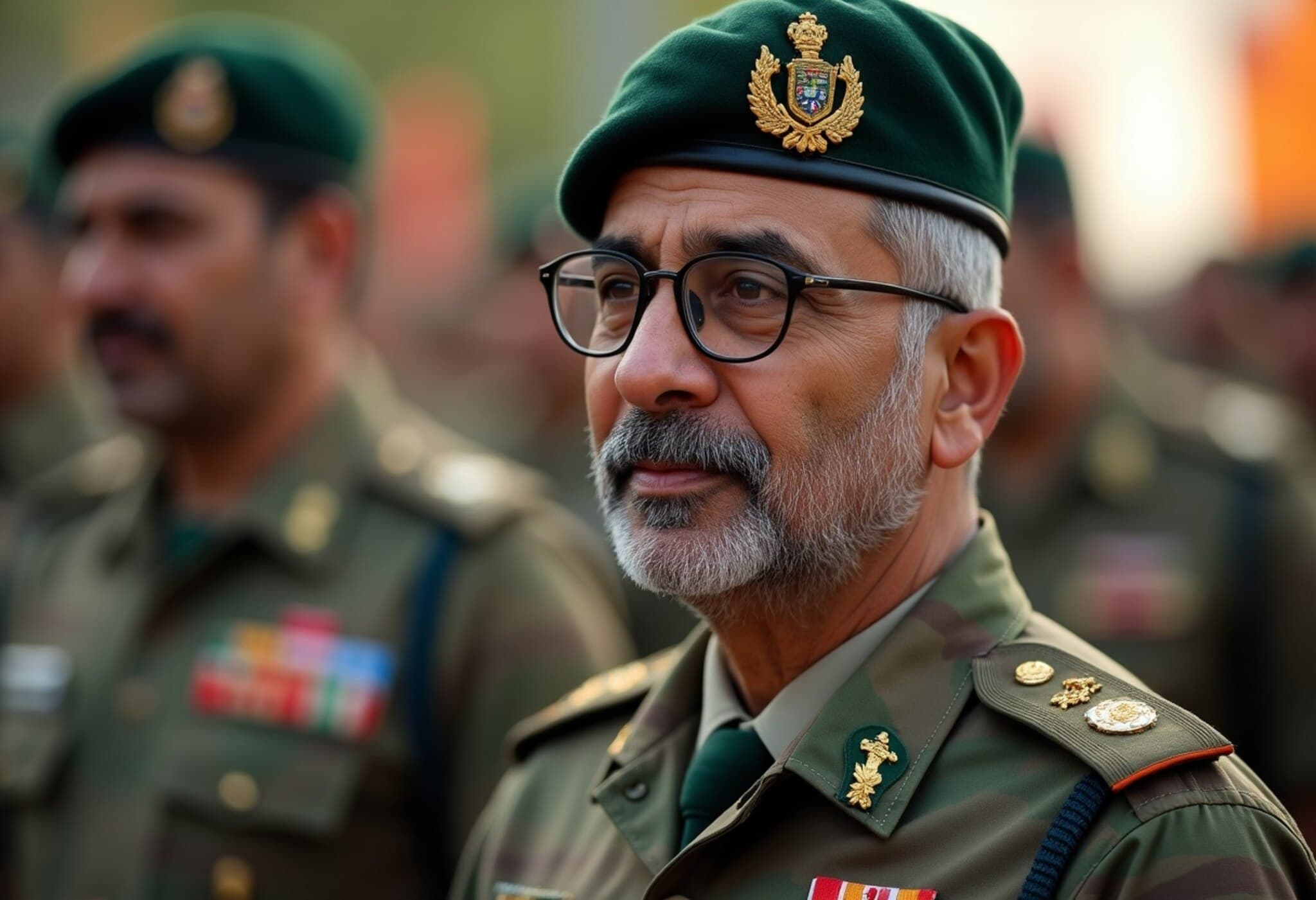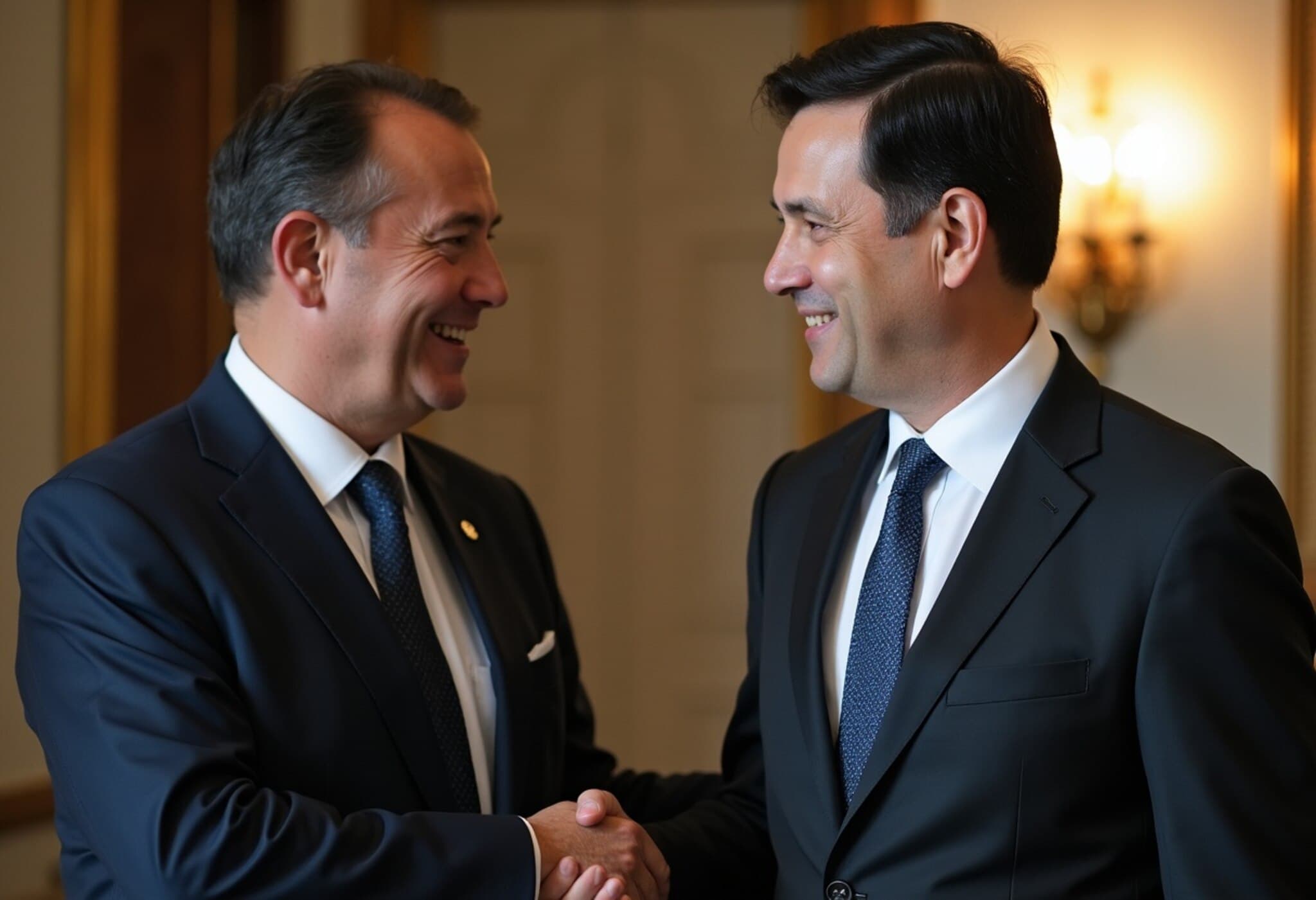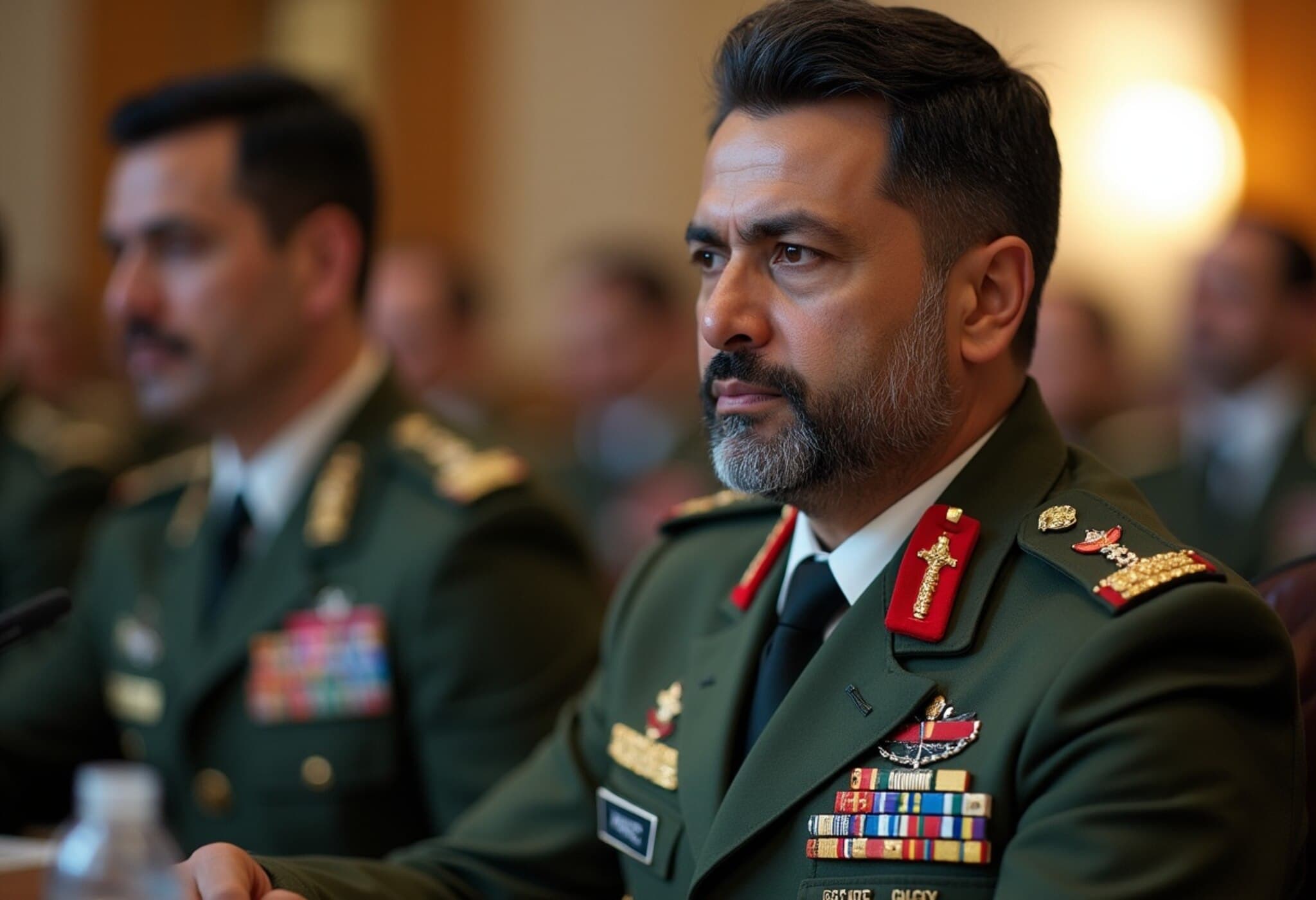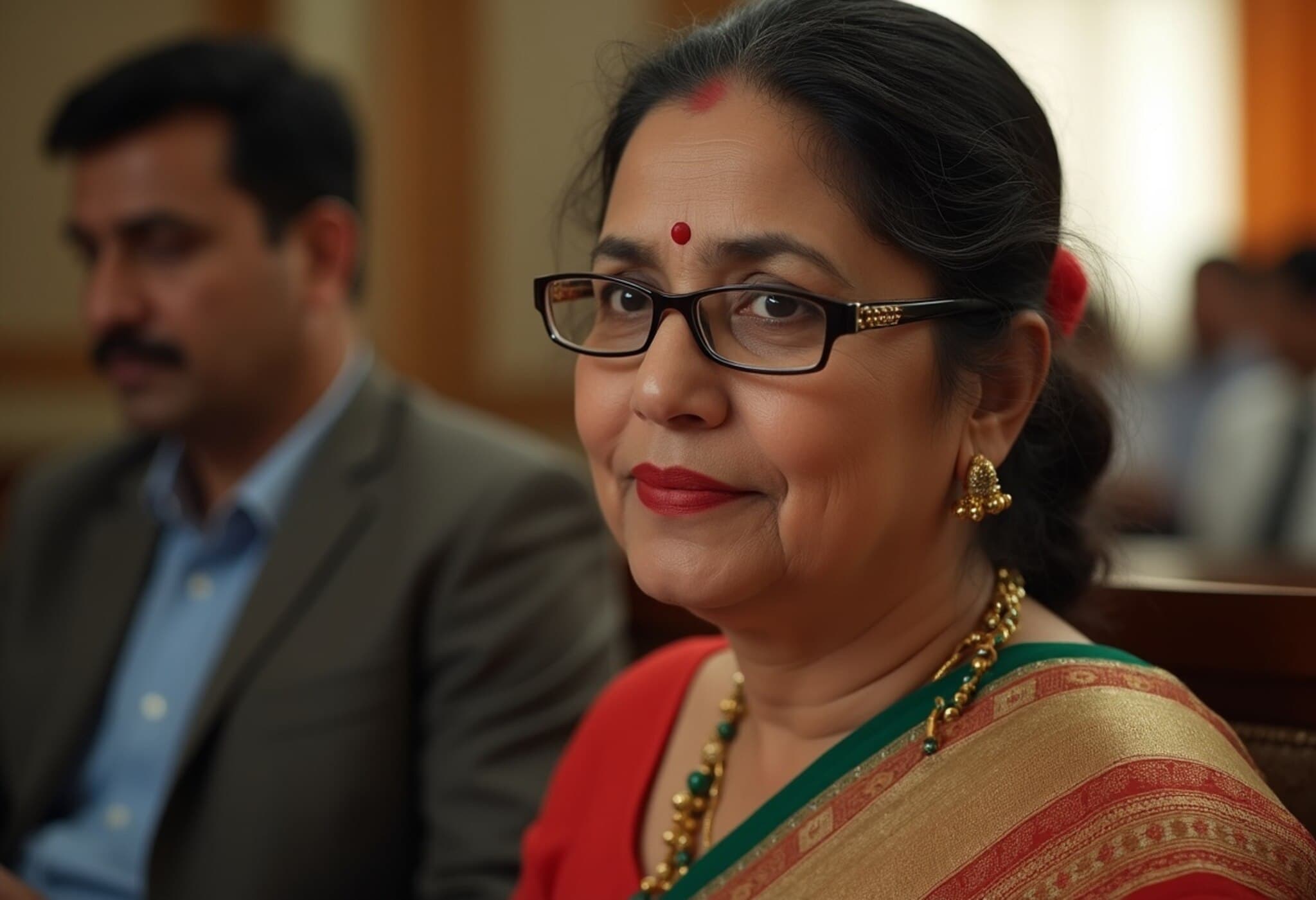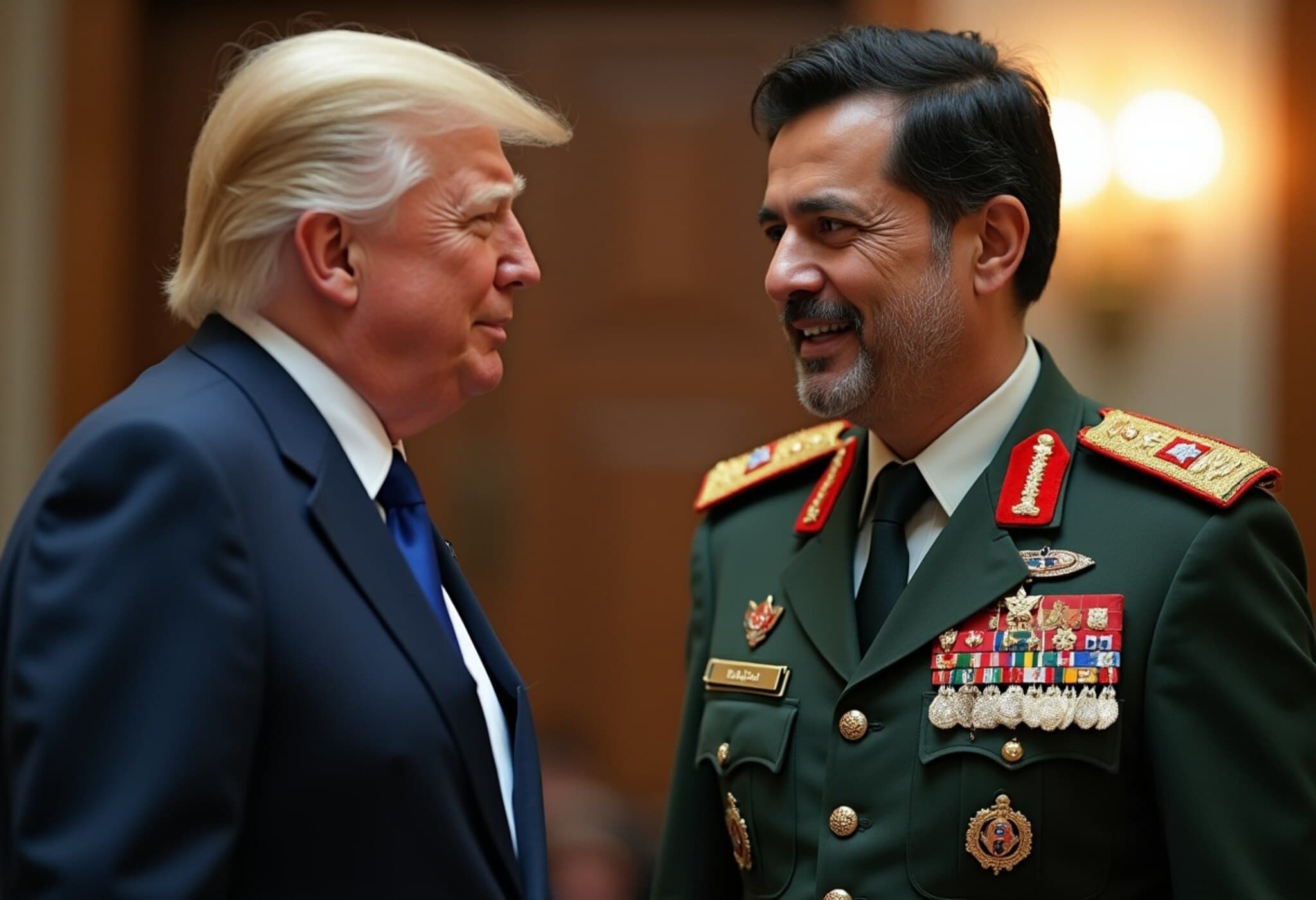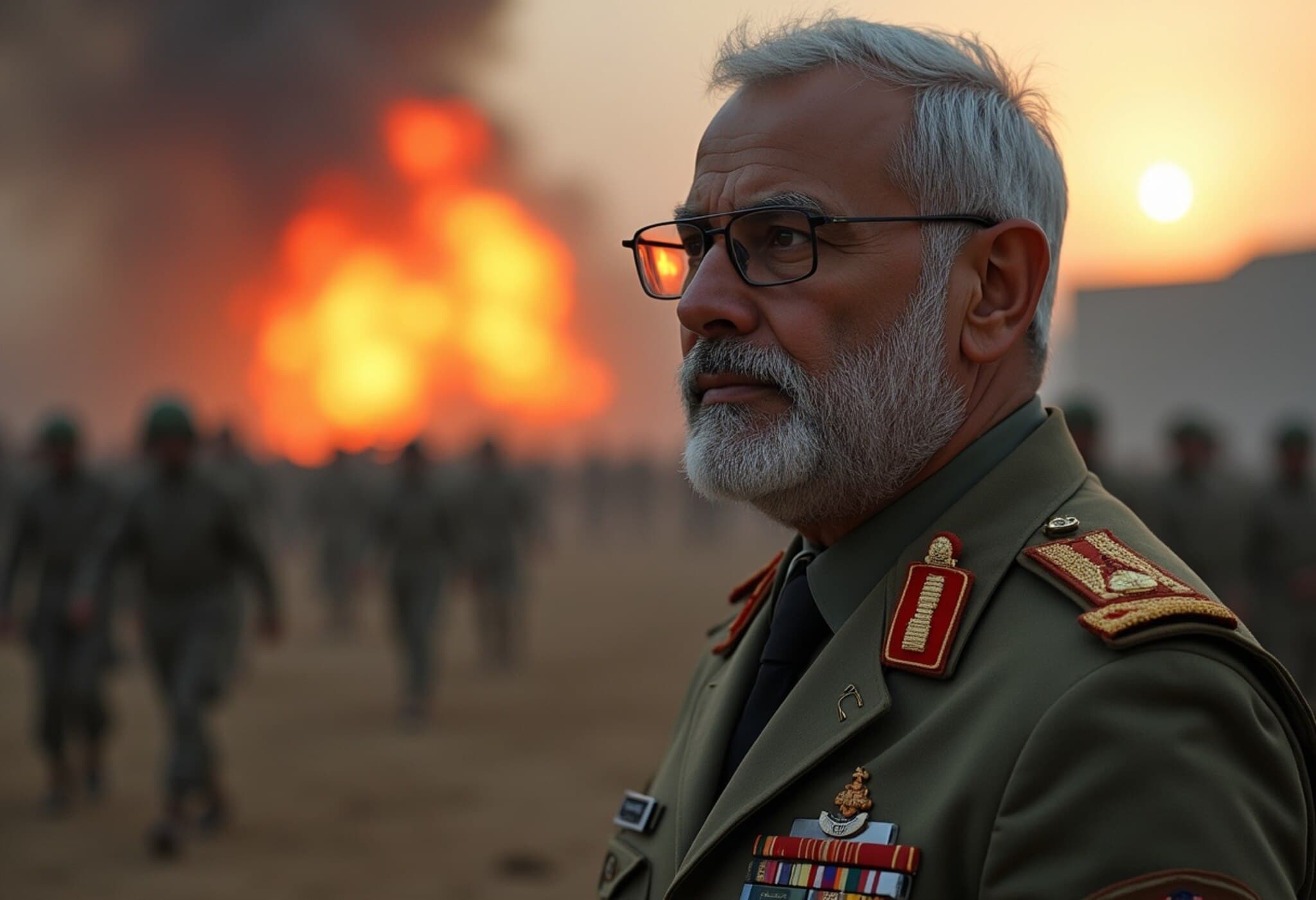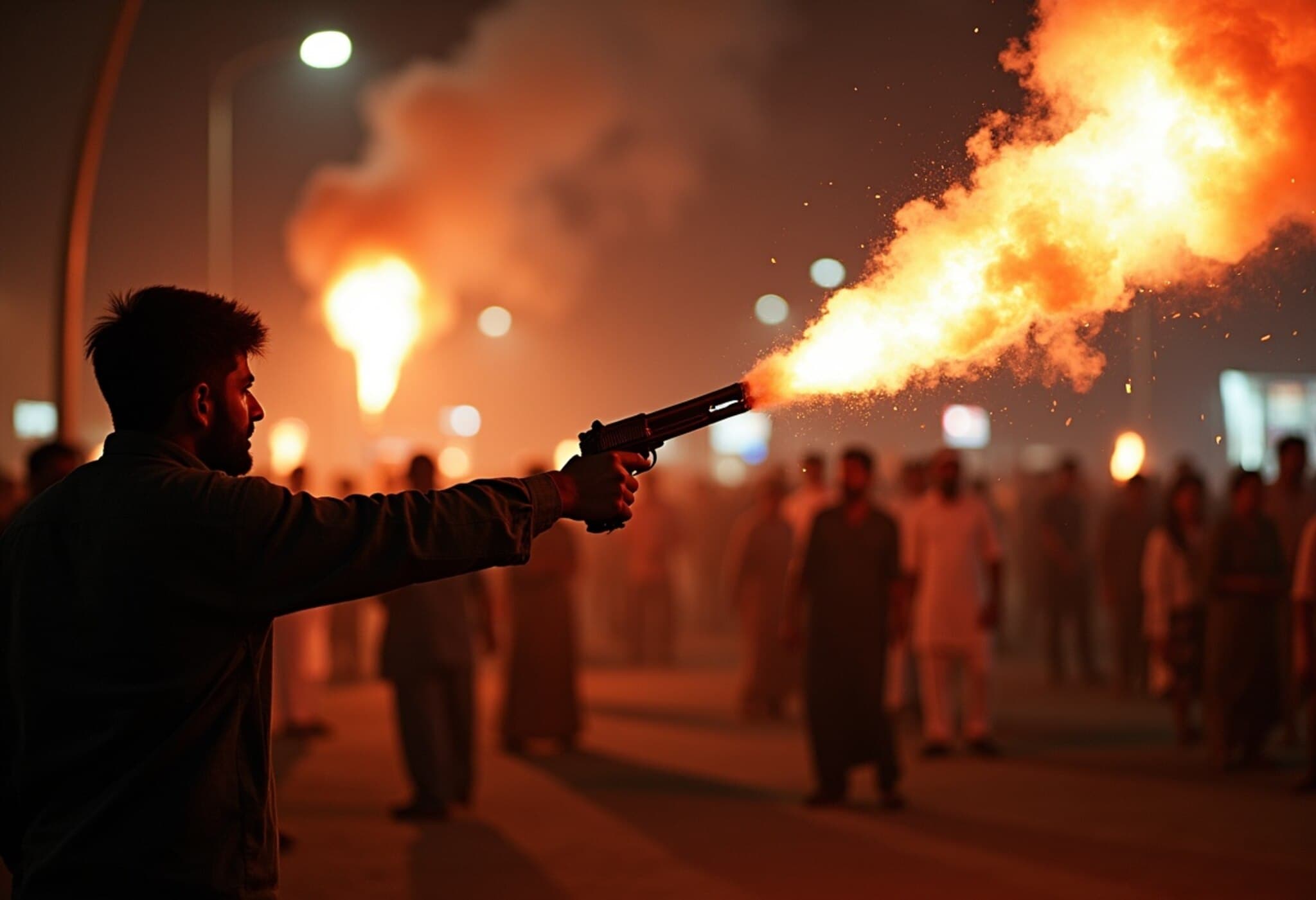US Secretary of State Marco Rubio Congratulates Pakistan on 78th Independence Day
On August 14, 2025, as Pakistan commemorated its 78th Independence Day, US Secretary of State Marco Rubio extended warm congratulations to the Pakistani people, emphasizing the importance of ongoing and expanded bilateral cooperation. The announcement, made through an official statement by the US Department of State, highlighted shared commitments toward counterterrorism, trade, and emerging sectors.
Strengthening Ties Amid Regional Sensitivities
Rubio's message underscored Washington’s appreciation for Pakistan’s proactive role in counterterrorism efforts and expanding trade relations. He outlined a forward-looking agenda focused on diversifying collaboration into critical minerals, hydrocarbons, and strategic business partnerships that could bolster economic prosperity for both nations.
Amid a complex South Asian geopolitical landscape, these overtures from the United States represent a nuanced approach to deepening ties with Pakistan, a pivotal player in regional stability and energy dynamics.
Pakistan’s Independence Day: Tradition and Significance
Pakistan’s celebrations began with a solemn 31-gun salute in Islamabad and 21-gun salutes in each provincial capital, signaling the gravity this day carries. Prime Minister led a significant flag-hoisting ceremony in the capital, followed by a large-scale defense exhibition at Shakarparian Parade Ground, showcasing national achievements in security.
The festivities extended into the evening with cultural programs organized by Islamabad’s Metropolitan Corporation, bringing to life traditional dances from across Pakistan’s diverse provinces. Participants and spectators enjoyed art exhibitions, musical performances, and youth competitions, emphasizing national unity and pride.
Historical Context: Why August 14?
Unlike India, which observes its Independence Day on August 15, Pakistan marks August 14 each year, a distinction rooted in historical and religious considerations:
- The official power transfer to Pakistan’s leadership took place on August 14, 1947, enabling British Viceroy Lord Mountbatten to attend India’s midnight ceremony on August 15.
- August 14, 1947, coincided with the 27th day of Ramzan, a sacred period in the Islamic calendar, lending spiritual significance to the date for Pakistan’s Muslim-majority population.
Interestingly, Pakistan’s original independence documents and its first postage stamp referenced August 15, illustrating the evolving nature of national identity markers in the tumultuous partition era.
Expert Insight: What This Means for US-Pakistan Relations
From a policy perspective, Rubio’s statement signals a strategic recalibration in US engagement with Pakistan. Analysts suggest that focusing on trade and critical sectors responds directly to global supply chain reorientations, where critical minerals and energy resources are increasingly vital. Moreover, enhancing counterterrorism cooperation aligns with American security priorities in South Asia.
For the US, fostering stable, economically vibrant ties with Pakistan could serve as a counterweight to regional tensions and emerging challenges. However, the complexity of Indo-Pak relations and broader US relations in the region means that any cooperation will require sustained diplomatic finesse.
Looking Forward
As Pakistan celebrates this historic milestone, the call for increased bilateral collaboration opens fresh avenues for engagement. Whether through economic partnerships or shared security interests, the evolving relationship between the US and Pakistan remains a critical thread in the tapestry of South Asian geopolitics.
Editor’s Note
Pakistan’s 78th Independence Day offers more than just ceremonial pomp—it reflects enduring narratives of sovereignty, identity, and geopolitical strategy. Secretary Rubio’s outreach not only celebrates Pakistan’s national journey but also highlights potential trajectories for US-Pakistan relations that merit close attention. Key questions linger: How will both countries balance competing interests in this strategically sensitive region? Can economic collaboration provide a durable foundation beyond traditional security engagement? These issues will undoubtedly shape the regional order in the years ahead.

